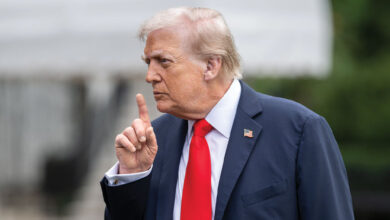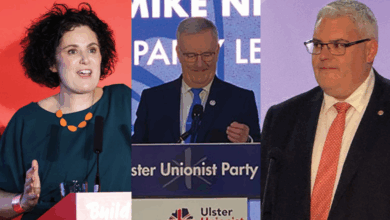Public Affairs
Ireland’s EU membership: A timeline
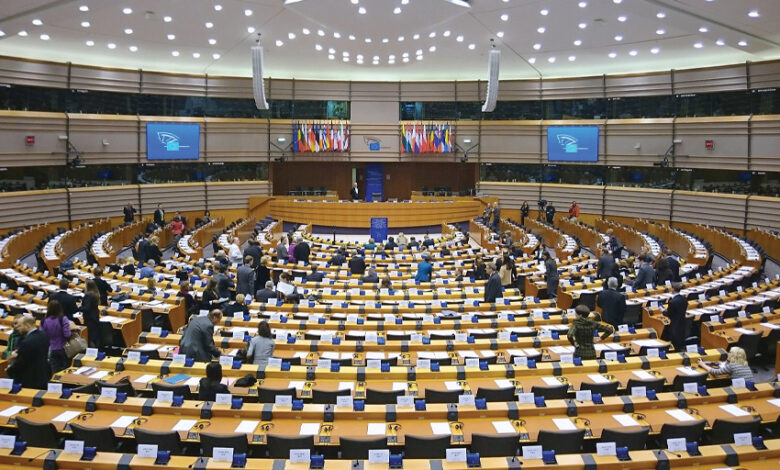
- 1957 Belgium, France, West Germany, Italy, Luxembourg, and the Netherlands form the European Economic Community and European Atomic Energy Community. Together, they are known as the ‘European Communities’ and share common institutions.
- 1961 Ireland applies to join the European Communities. This application is withdrawn after President of France Charles de Gaulle opposes the UK’s application and any expansion of the Communities.
- 1964 In Costa v ENEL, the European Court of Justice establishes the primacy of European Community law meaning a constitutional amendment is needed in order to avoid a conflict with Bunreacht na hÉireann, which had granted powers exclusively to the Oireachtas and the Government.
- 1967 Ireland lodges a second application to join the European Community.
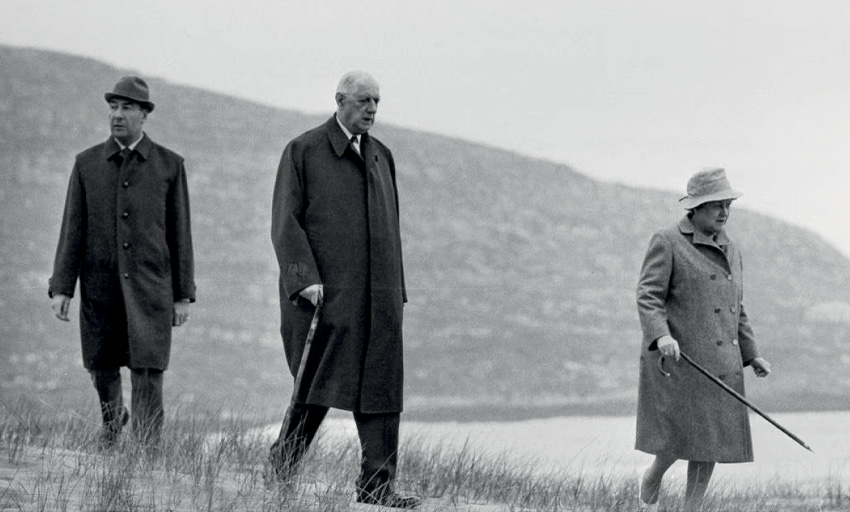
- 1972 The six member states sign a Treaty of Accession with Denmark, Ireland, Norway and the UK. Ireland’s prospective membership is centred around the European Economic Community.
- 1972 Voters support European Community membership in a referendum with 83.1% in favour and 16.9% against.
- 1973 Ireland’s membership of the European Economic Community (EEC) officially begins on 1 January 1973. The North also joins on the same date through the UK’s admission.
- 1975 Ireland hosts the presidency of the European Council for the first time, under Taoiseach Liam Cosgrave.
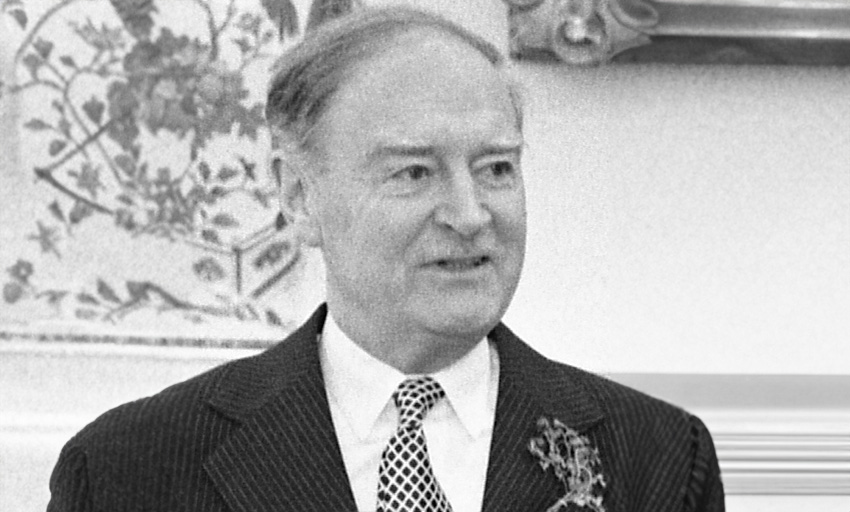
- 1979 The first elections to the European Parliament are held. Ireland elects 15 representatives, or Members of the European Parliament (MEPs). A further three MEPs are elected in the North.
- 1986 President Patrick Hillery signs the European Communities (Amendment) Act 1986 bringing the provisions of the Single European Act into Irish law. However, an injunction is successfully sought from the High Court preventing the Government from ratifying the Treaty without a referendum.
- April 1987 In Crotty v An Taoiseach, the Supreme Court rules that as the Single European Act “was a significant and decisive step along the path to a single European foreign policy” it can only be ratified by referendum. This sets a precedent for every European Treaty being put to a referendum in Ireland.
- May 1987 70% of the electorate vote in favour of the European Communities (Amendment) Act 1986 in a referendum.
- 1993 69.1% of the electorate vote yes to the Maastricht Treaty, with the European Economic Community (EEC) becoming the European Union (EU). The treaty paves the way for the creation of an Economic and Monetary Union leading to the eurozone.
- 1998 Ireland holds a referendum on the Treaty of Amsterdam on 22 May 1998. The referendum is passed with 61.74% of the electorate voting yes. This lays the groundwork for a further enlargement of the EU and reform of its institutions.
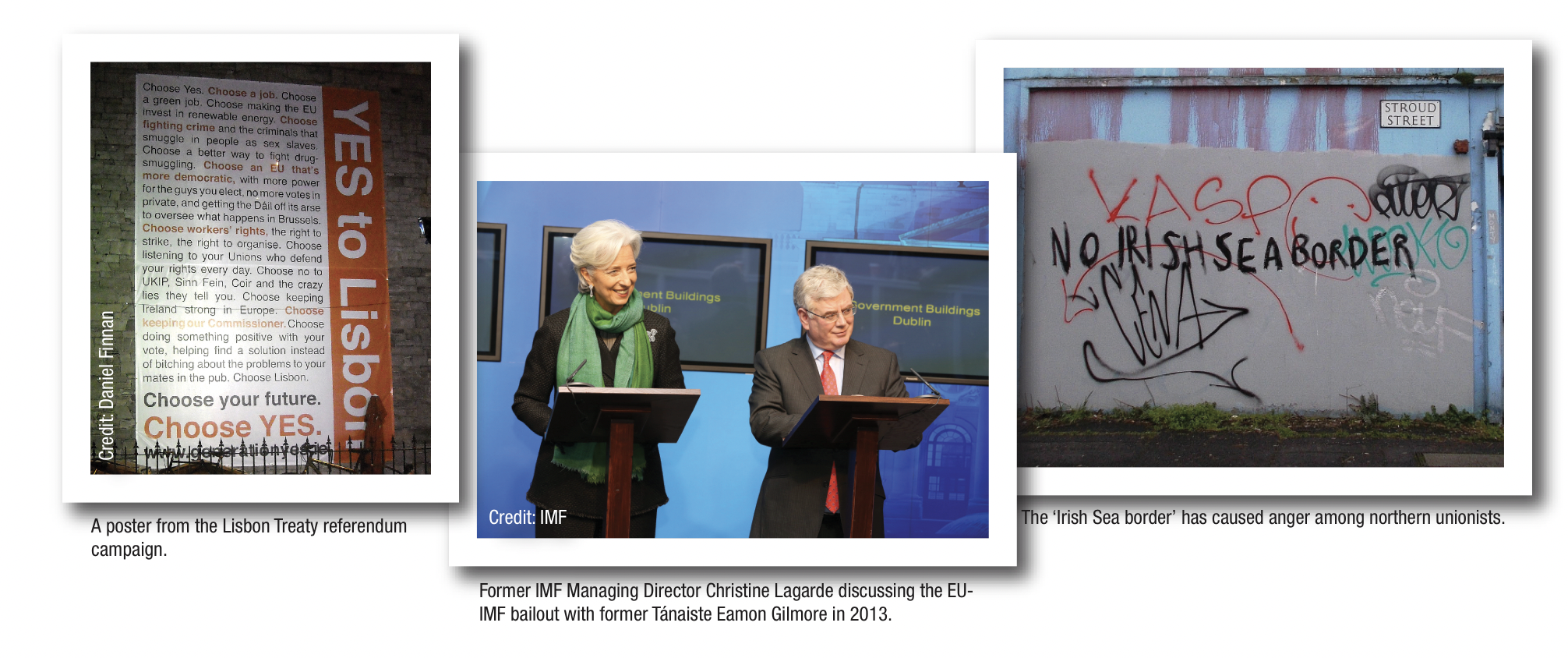
- 1998 A peace agreement, the Good Friday Agreement, is reached in the North. The agreement ensures an open border and freedom of movement between north and south, and is de facto predicated upon the EU membership of both Ireland and the UK.
- 2001 Ireland holds a referendum on the Treaty of Nice. It is the first European referendum to be rejected by the people. The referendum is defeated with 53.9% of the electorate voting no.
- 2002 A second referendum on the Nice Treaty is passed with 62.89% voting in favour after the Bertie Ahern Government obtains a declaration that the Treaty does not undermine Irish neutrality.
- 2002 Ireland adopts the euro as its currency, whilst the North remains using pound sterling as the UK does not join the eurozone.
- 2008 The Lisbon Treaty referendum is defeated with 53.4% of the electorate voting no. Ireland is the only member state to hold a referendum on the Treaty and its rejection takes the EU by surprise.
- 2009 In a second referendum, 67% of voters in Ireland vote for the Lisbon Treaty after Brian Cowen’s Government obtains a number of guarantees from EU leaders, including a commitment that the Treaty will not affect Irish law or policy on issues such as neutrality or tax.
- 2010 Following a banking and ultimately a fiscal crisis, the Government agrees to formally request financial support through a ‘bail-out’ package worth €85 billion, with the EU/ECB/IMF troika becoming heavily involved in Ireland’s financial decisions.
- 2016 The UK votes to leave the EU, leading to fears over a new ‘hard border’ on the island as the North is forced to leave despite voting remain by 56%.
- 2017 During the Brexit negotiations, Taoiseach Enda Kenny successfully negotiates that, in the event of a united Ireland, the North would be automatically be readmitted into the EU. Irish citizens resident in the North are also assured that they will keep their EU citizenship.
- 2020 The UK formally leaves the EU. To prevent economic and political instability, the North leaves on different trade terms to the rest of the UK, requiring customs checks for goods travelling between Britain and the North. This ‘Irish Sea border’ angers northern unionists, who demand that the North leaves on the same terms as the rest of the UK.
- 2023 Ireland marks 50 years as a member of the European Union.


